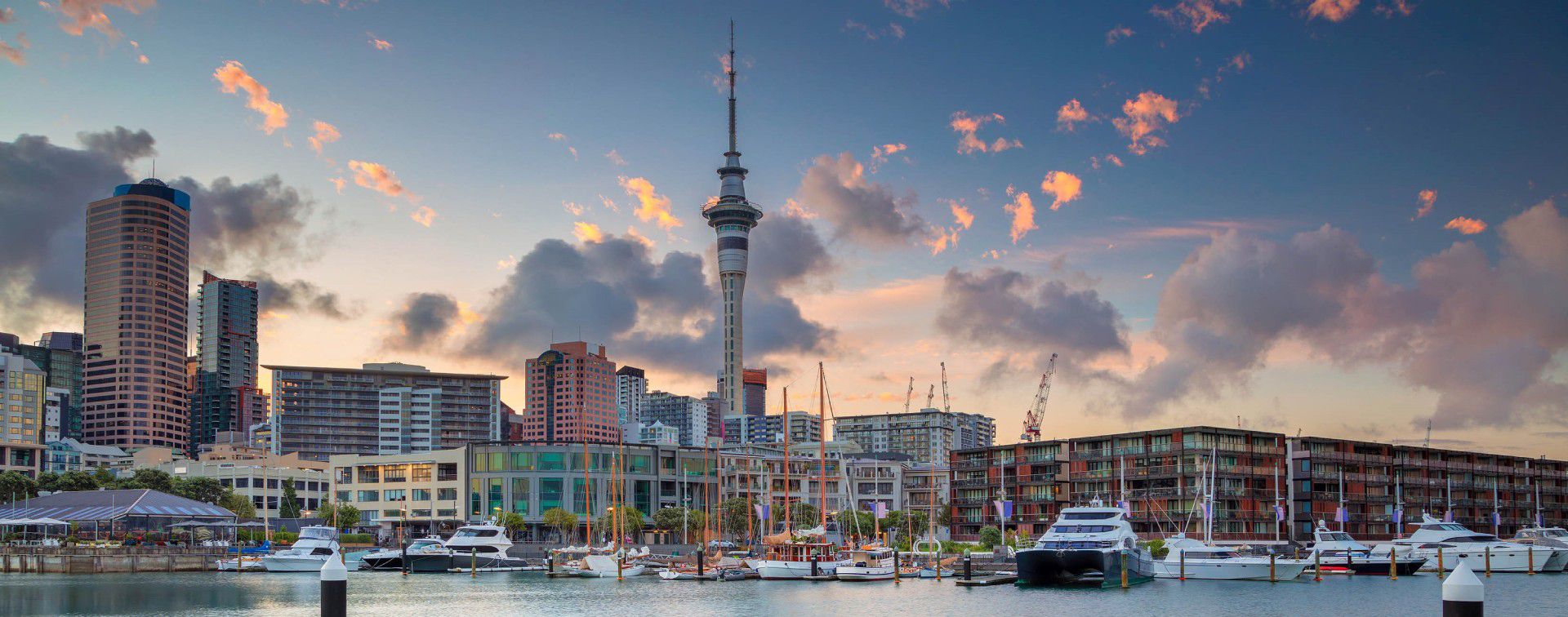
Curtis S. Chin is a former US Ambassador to the Asian Development Bank, the inaugural Asia Fellow of the Milken Institute, and managing director of advisory firm RiverPeak Group, LLC.
Given enduring, pre-pandemic images of a rising Asia Pacific — from the dazzling skyscrapers of world-famous financial hubs to equally renowned, six-star resorts and residences on sun-drenched beaches — it is little wonder that entrepreneurs and investors wishing to diversify their domiciles are looking to this most dynamic region of the world.
That has not changed even as just over a year has passed since the World Health Organization declared the novel coronavirus (Covid-19) outbreak a global pandemic on 11 March 2020.
In the short term, borders are largely likely to remain closed, and governments are moving forward with vaccination programs at a slow pace. But the long-term economic opportunity and quality of life of numerous Asia Pacific nations remain key draws.
For individuals and their families considering residence-and citizenship-by-investment (RCBI) programs in the region, at least eight destinations offer up investment migration options to explore. These include Australia, New Zealand, and Vanuatu in the geographic region known as Oceania, Cambodia, Malaysia, Singapore, and Thailand in Southeast Asia, and Hong Kong in East Asia.
The diversity is immense — from high-income economies Australia and Singapore with their world-class health facilities attracting patients from across the region, to lower-middle-income economies Cambodia, with its UNESCO World Heritage site of Angkor, and the remote South Pacific island nation of Vanuatu. Both Cambodia and Vanuatu have relatively poor health infrastructure, although the latter, located 1,750 km (1,090 miles) east of northern Australia, benefited from its remoteness and strict border controls. By early March 2021, Vanuatu, a small-island nation of some 310,000, had reported only three cases of coronavirus.
The bottom line: Using data collected up to February 2021 across a range of health readiness and risk criteria — including quarantine efficiency, government efficiency, monitoring and detection, healthcare readiness, country vulnerability and emergency preparedness — New Zealand, Australia, and Singapore are ranked the best in Asia and the Pacific, and among the best of all 31 destinations assessed in the Deep Knowledge Analytics (DKA) and Henley & Partners Investment Migration Programs Health Risk Assessment.

When it comes to handling the pandemic, high-income economy New Zealand under the leadership of Prime Minister Jacinda Ardern has shown the way not just for the region but for the world. Through early March 2021, the nation of some 4.9 million people had reported under 2,500 Covid-19 cases and an extremely low fatality rate. That success though has come with a rigorous program of contact tracing and lockdowns.
Australia has a population of around 25 million and has reported relatively low infection and fatality rates, and a less severe economic impact of Covid-19 than many comparable countries. A continent unto itself, Australia like many much smaller island nations was able to close its borders rapidly, but the country’s leaders also based decisions on data, consulted with citizens to build trust, and engaged in cross-border collaboration. According to McKinsey & Co. in Australia, the nation’s response to the Covid-19 pandemic to date offers valuable, actionable insights for decision makers worldwide.
Having taken a lesson from the 2002 SARS-CoV outbreak, the city state of Singapore benefited from both world-class health facilities and the earlier establishment of 900 rapid response public health preparedness clinics to enable a better response to pandemics and outbreaks.
Soon after the 2020 lockdown, the government launched a contact tracing app, which 42% of the population of 5.7 million downloaded. A subsequent outbreak involving some of the many migrant workers who help drive the nation’s development has led to further reassessment and improvement of the nation’s health and labor infrastructure and policies. With the efficiency that the nation is known for, Singapore is on track to set up some 40 vaccination centers before April, including one in each of the 24 Housing & Development Board towns.
Upper-middle-income economies Thailand and Malaysia offer up contrasting Covid-19 experiences driven in part by different approaches to internal travel restrictions. A nation of some 70 million people, Thailand had reported under 30,000 Covid-19 cases by early March 2021 and a very low fatality rate. In contrast, Malaysia, with a population of 32 million, had reported over 313,000 cases and a much higher fatality rate.
These and other ever-changing Covid-19 statistics can be overwhelming and at times off-putting if not downright depressing. However, in considering the destinations offering RCBI programs, potential participants in some of the world’s most notable investment migration programs should recognize that the current pandemic will pass.
Investors and entrepreneurs exploring a move also should be cognizant of political and geopolitical changes afoot that are not captured in a health risk assessment of migration programs. Strikingly, Hong Kong — which has long been rated as a top destination — was excluded from the Heritage Foundation’s Index of Economic Freedom in 2021 owing to Beijing’s increased involvement in that special administrative region’s economy. Prior to this, Hong Kong had regularly topped the list, garnering the title of world’s freest economy for 25 years up to 2019, before losing the top rank to Singapore.
A second domicile has much to offer. Now entrepreneurs and investors might well also want to factor in health security too.
Child, J, Dillon, R, Erasmus, E, and Johnson, J. “Collaboration in Crisis: Reflecting on Australia’s COVID-19 Response.’ McKinsey & Company. McKinsey & Company, December 15, 2020.
Choo, D. “Covid-19: About 40 Vaccination Centres will be Set Up in Singapore.” TODAYonline. Mediacorp Pte Ltd., January 28, 2021.
Koh, F. “Covid-19 Vaccination Centres in all 24 HDB Towns by End-March. The Straits Times. Singapore Press Holdings Ltd, January 29, 2021.
“2021 Index of Economic Freedom.” Index of Economic Freedom: Promoting Economic Opportunity and Prosperity by Country. The Heritage Foundation. Accessed March 11, 2021.
“World Bank Country and Lending Groups.” The World Bank. The World Bank Group. Accessed March 5, 2021.
Henley & Partners assists international clients in obtaining residence and citizenship under the respective programs. Contact us to arrange an initial private consultation.

Have one of our qualified advisors contact you today.
We use cookies to give you the best possible experience. Click 'Accept all' to proceed as specified, or click 'Allow selection' to choose the types of cookies you will accept. For more information, please visit our Cookie Policy.